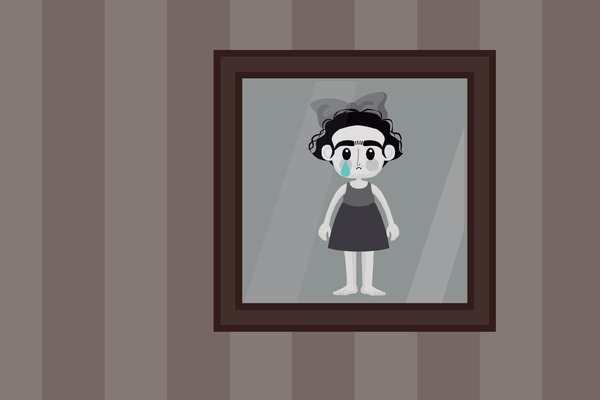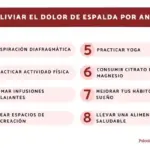There are different types of pain depending on its origin and symptoms.
There are different types of pain depending on its origin and symptoms. Thus, we can have physical pain caused by a blow, emotional damage caused by a loss or conflict, and finally psychological pain that is only in the mind but does not have to have a tangible cause.
What is psychological pain
When we talk about psychological pain, it is that which causes anxiety, as a clearer example. There is no physical cause behind it, and often not a cause that we can attribute, but it is, so to speak, an internal cause.
Is it the same as somatizing?
When we are somatizing it is something different in the cause, because here we do have a cause, or an origin that we can find and deal with directly. In the case of somatization, we are talking about the person who suffers from some type of problem or tension channeling that situation or discomfort in the form of real and tangible physical pain or discomfort.
An example would be that a person with great nervous tension generates back pain, or muscle pain in general, which is an external expression of that internal pain. In my case, I met a person who was capable of somatizing emotional problems in the form of a kind of flu, which appeared when his problems became important.
How does it manifest itself in us?
In the case of a psychological pain problem, this is shown more in the form of Headaches, general discomfort, or even insecurity with oneself or attacking self-esteem. Each person refers to it in different ways, depending on different intensities and what other pathologies they have at that time.
Overall, the normal thing is that the person will not be able to tell us exactly neither cause nor origin nor even a situation of that discomfort, beyond the fact that it is a sensation that is affecting them, even to the point of paralyzing the person.
What treatment is necessary?
In these cases, cognitive behavioral therapy is best, since it has clear protocols and procedures that help in this type of case. We are facing a real problem that requires important work. It is not something the person is imagining, or something he is believing he feels, and therefore it is something we can work on.
Although it is something unconscious, in this case what we will do is work on the effects it is producing, seeking little by little to change everything that is leading us to the problem, looking for how to manage the situation and slowly move towards the solution. And remember that it is always best to have a qualified professional to treat problems and avoid falling for false promises of cure.









